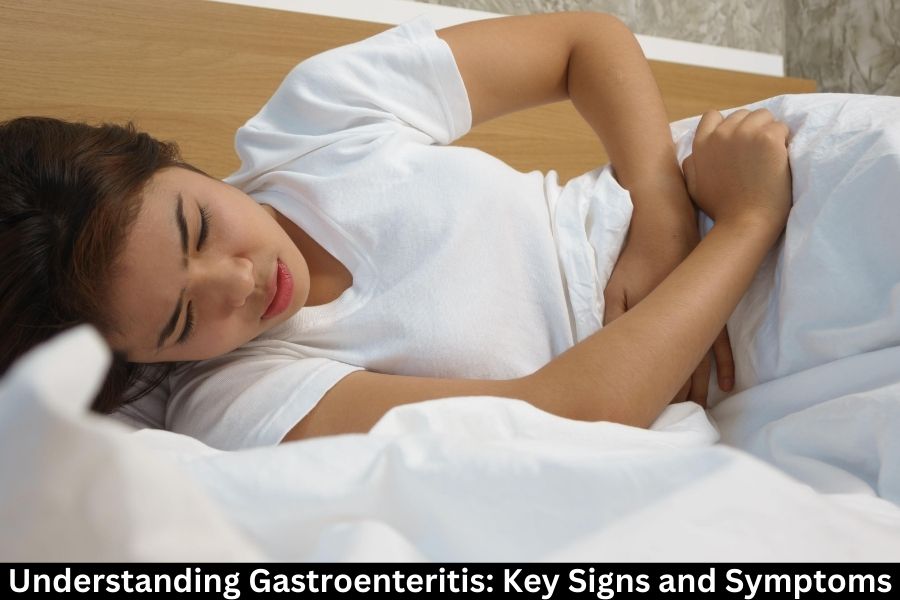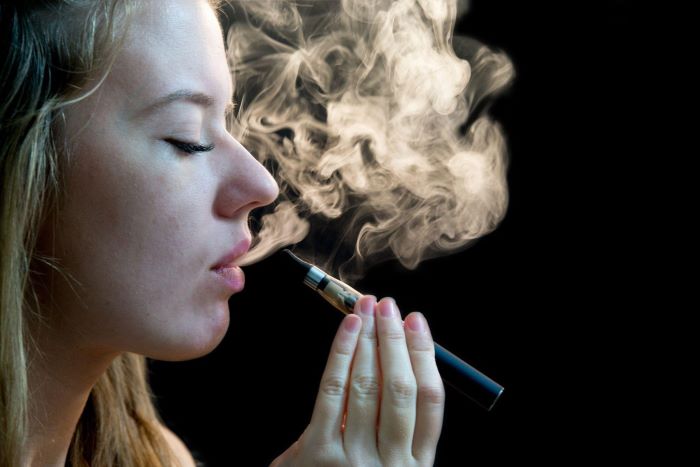Menopause is a natural phase in a woman’s life, signaling the end of her reproductive years. In India, as in many other parts of the world, menopause age can vary due to various factors including genetics, lifestyle, and overall health. Understanding menopause and its effects is crucial for women to navigate this transition with grace and ease.
Understanding Menopause Age
Menopause typically occurs between the ages of 45 and 55, with the average age being around 51. However, it’s essential to recognize that menopause age can vary widely among individuals. In India, factors such as socioeconomic status, dietary habits, and cultural practices can influence the onset of menopause.
Factors Affecting Menopause Age in India
Genetics
Genetic predisposition plays a significant role in determining the age at which a woman experiences menopause. Studies have shown that women with a family history of early or late menopause are likely to follow a similar pattern.
Lifestyle
Diet and exercise habits can also impact menopause age. Women who maintain a healthy lifestyle, including a balanced diet rich in fruits, vegetables, and whole grains, along with regular physical activity, are more likely to experience menopause later in life.
Socioeconomic Status
Socioeconomic factors such as access to healthcare, education, and economic stability can influence menopause age. Women from lower socioeconomic backgrounds may experience menopause earlier due to factors such as stress and limited access to healthcare resources.
Cultural Practices
Cultural practices and traditions prevalent in India can also affect menopause age. For example, vegetarian diets, which are common in certain regions, may contribute to a later onset of menopause due to the higher intake of phytoestrogens found in plant-based foods.
Symptoms of Menopause
As women approach menopause age, they may experience a range of physical and emotional symptoms, including:
- Hot flashes
- Night sweats
- Mood swings
- Irregular periods
- Sleep disturbances
- Vaginal dryness
While these symptoms can vary in severity from woman to woman, understanding them can help women better cope with the changes their bodies are undergoing.
Managing Menopause Symptoms
Lifestyle Modifications
Making healthy lifestyle choices can help alleviate menopausal symptoms. This includes maintaining a balanced diet, staying physically active, managing stress through relaxation techniques such as yoga or meditation, and getting an adequate amount of sleep.
Hormone Replacement Therapy (HRT)
For women experiencing severe symptoms such as hot flashes and vaginal dryness, hormone replacement therapy may be recommended. HRT involves taking estrogen and, in some cases, progesterone to alleviate symptoms associated with menopause. However, it’s essential to discuss the potential risks and benefits of HRT with a healthcare provider.
Alternative Therapies
Some women may find relief from menopausal symptoms through alternative therapies such as acupuncture, herbal supplements, or biofeedback. While these methods may not work for everyone, they can provide additional options for managing symptoms.
Importance of Regular Health Checkups
Regular health checkups are essential for women approaching or experiencing menopause age. These checkups allow healthcare providers to monitor hormone levels, assess overall health, and address any concerns or symptoms that may arise. Early detection and intervention can help women navigate menopause with greater ease and minimize potential health risks associated with this transition.
Conclusion
Navigating menopause age in India involves understanding the factors that influence its onset, recognizing common symptoms, and implementing strategies to manage these changes effectively. By prioritizing healthy lifestyle choices, seeking medical guidance when needed, and embracing the natural progression of this phase, women can embrace menopause as a transformative journey towards greater health and well-being.






